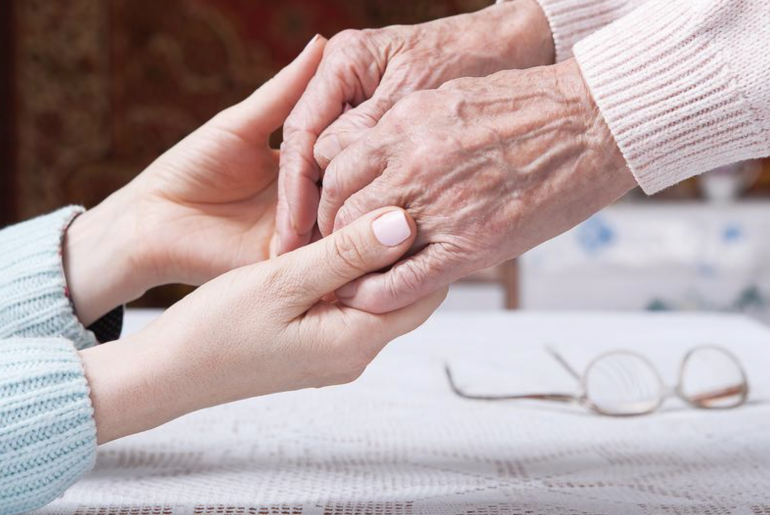Somebody around the world will develop dementia every three seconds. An estimated fifty million people worldwide are currently living with this condition. If you have an elderly relative who has developed dementia, then it’s important to ensure that they get the right care to keep them safe, healthy, and make sure that they have a good quality of life. Dementia is a disease that not only affects the individual who has the condition, but also impacts the people around them. Caring for somebody with dementia can be daunting, but there are several things that you can do to make the process easier for both of you.
What is Dementia?
Understanding dementia and how the person suffering from this condition is impacted by it is crucial to making sure that they are provided with the care and support that they need. Dementia is a loss of cognitive and behavioral functions due to the development of neurodegenerative disease. It mostly impacts elderly people and can affect communication, memory, problem-solving, reasoning skills, and much more. Dementia can also cause a loss of emotional control, which can lead to personality changes and mood swings.
Changes Caused by Dementia
If a loved one has developed dementia, then it is important to understand how this can change their habits and needs. Many people associate dementia with memory loss, but the truth is that this condition can cause much more than this. If you have a relative with dementia, then you might notice that as the condition progresses, it leads to various changes in the way that they behave, communicate, and more. Likes and dislikes, eating habits, sleeping patterns, and more can change as a result of this condition. Because of this, it can become unsafe for many seniors with this condition to live alone, and moving into senior assisted living that focuses on memory care might be essential.
Supporting Somebody with Dementia
If you have a relative or parent who has dementia, then there are several things that you can do to support them. For example, you may want to offer support with daily tasks; however, bear in mind that you should allow them to continue being as independent as possible, as autonomy is good for them rather than doing everything for them leaving them feeling reliant on others. Communicate clearly with them and use simpler terms. Encourage them to continue socializing, getting enough sleep, eating a healthy diet, and being as active as possible.
Do You Need Professional Help?
If you suspect that a senior relative or parent has dementia, then it’s best to seek the help of a doctor as soon as possible. There are medications available that can slow down the development of this disease. Along with this, there are several therapeutic programs and treatments that seniors with dementia can get into, such as brain game treatments to help combat cognitive decline.
Caring for a loved one with dementia is never easy. Understanding the condition, the impact that it has on the person, and knowing what you can do to help and support them is crucial.

